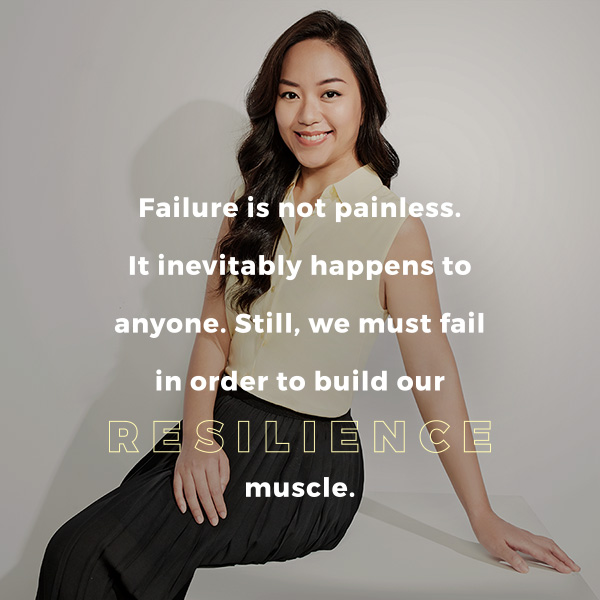Even from the beginning, Elisha was faced with myriad challenges, which she bravely took on. For instance, she started literally from scratch — by learning how to code. The 31-year-old says: “I was a nobody, so although I tried very hard, I could not find a technical co-founder who wanted to join me for Learnemy. I decided to do it myself. Thankfully, a programmer friend helped by giving me ‘classes’ after work and weekends at cafes and libraries. It was extremely difficult, but I was very motivated as well.” Eventually, after four years of operating Learnemy, she decided to move to Silicon Valley in a quest to keep the company afloat. With money that she saved from years of living with less, she headed there for three months for mentorship and networking. Though she gained a lot of exposure, she soon realised that everyone had differing opinions, and at the end of the day, it was “up to me”.
With her savings dwindling, and physical and psychological burn-out becoming a reality, Elisha — Learnemy’s only full-time employee — made the difficult decision to shut down her start-up for good. She had no other option but to find a job, and fortunately, she was soon hired by a tech media company. Then — as if her life adhered to the saying, “when it rains, it pours” — she was asked to leave the company six months into the job, with only a week’s notice. She was devastated. “I was stunned. I felt like the ultimate failure. I thought at the time that finally, I was taking the proven path. You know, ‘get a job, work hard and all will be okay’,” Elisha recalls, tears welling up as she remembers one of the lowest points in her life. “I was left with nothing.”

















